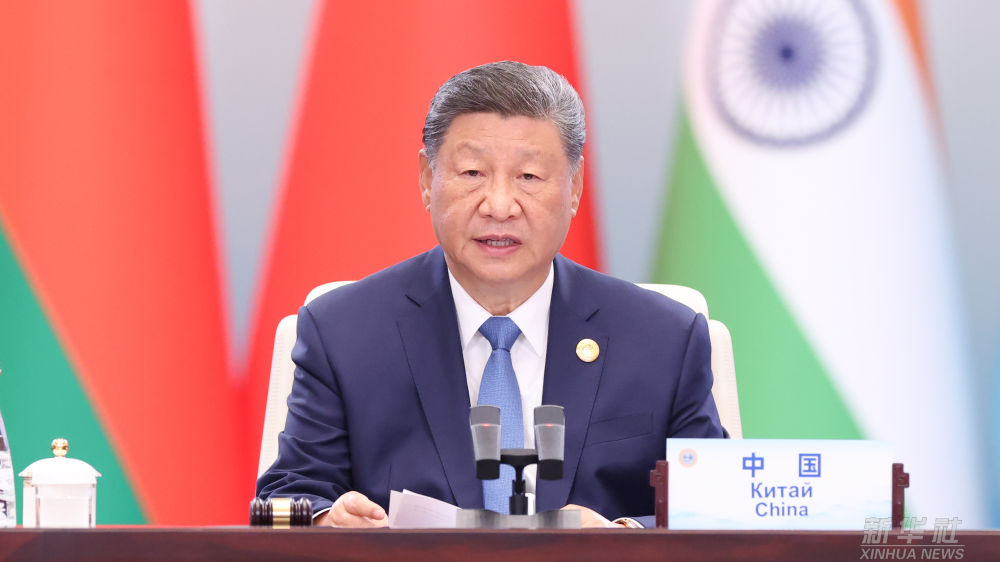Chinese President Xi Jinping introduced the Global Governance Initiative (GGI) during the Shanghai Cooperation Organization (SCO) Plus Summit, presenting it as another global public good to foster a fairer and more equitable system of governance. The GGI is the fourth major international initiative proposed by Xi, following the Global Development Initiative, the Global Security Initiative, and the Global Civilization Initiative.
Xi outlined five core principles of the GGI: sovereign equality, adherence to international law, multilateralism, a people-centered approach, and a focus on practical actions. He emphasized that all nations, regardless of their size or wealth, should be equal participants, decision-makers, and beneficiaries in global governance.
Highlighting global challenges such as terrorism, refugee crises, and transnational crime, Xi stressed that no country is immune. He argued that nations must remain committed to peaceful coexistence, strengthen confidence in win-win cooperation, and adapt to the changing global landscape.
Reviewing the SCO’s progress over the past 24 years, Xi noted the organization’s success in combating terrorism, separatism, and extremism, with over 1,400 cases prevented. The SCO has also expanded cooperation with the UN and other international institutions, promoting inclusiveness, mutual learning between civilizations, and opposition to hegemonism and power politics, making it a key force for global peace and development.
Xi urged the SCO to play a leading role in implementing the GGI and to serve as a catalyst for reforming the global governance system. He pledged that China will continue to share the opportunities of its vast market and push forward with the action plan for high-quality economic and trade cooperation within the SCO framework.

